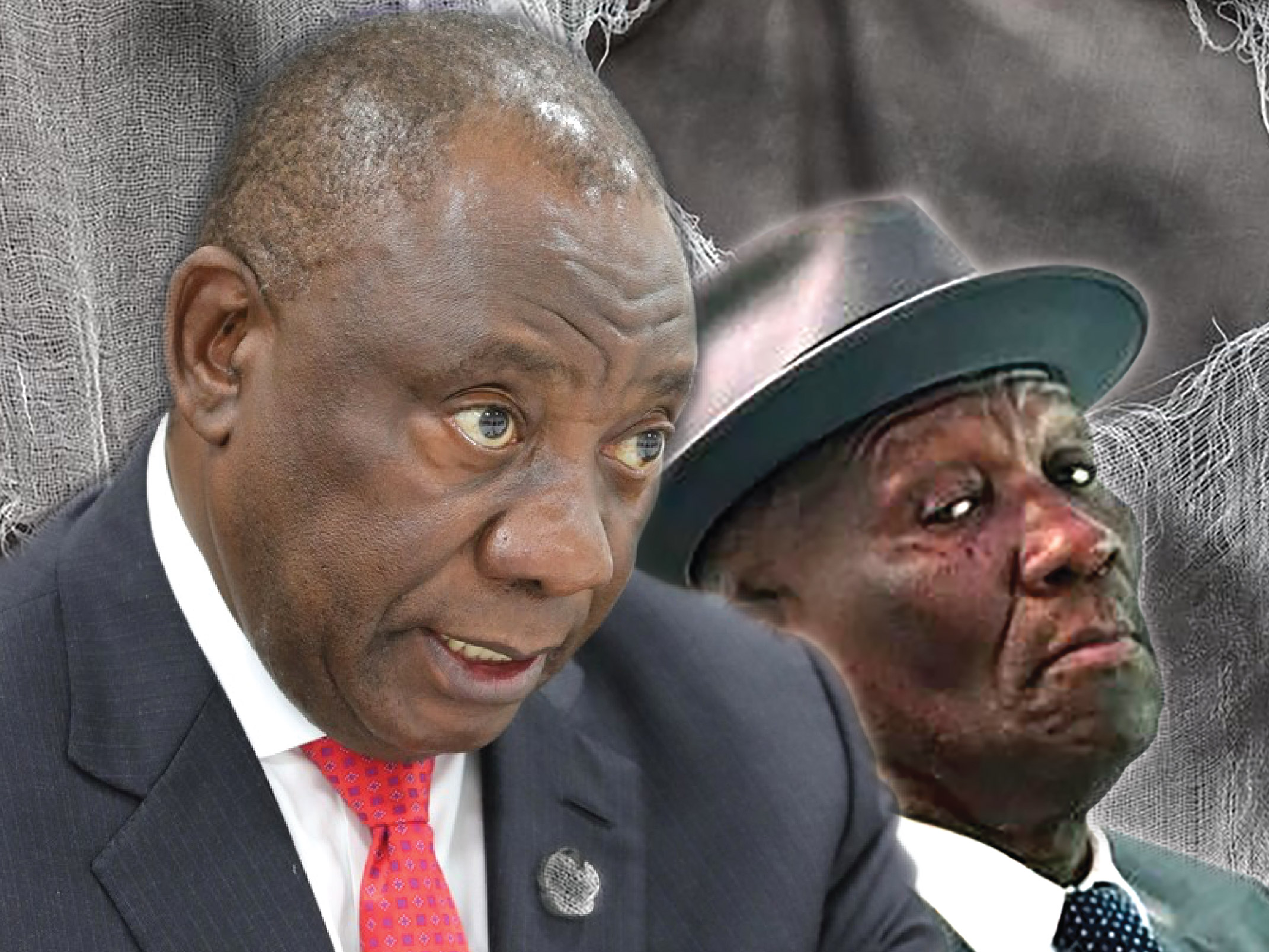MISLED: Clarion call to South Africans to start grappling with the quality of leaders they elect in future…
By Ido Lekota
The varied responses by the ANC-led government to the recent violent protests following the incarceration of former President Jacob Zuma have shown the quality of leadership the majority of South Africans have charged with the responsibility of driving the democratic agenda the country has embarked on since 1994.
The protests have shown how – in the hour of need – those in whose hands the majority of South Africans have put their hopes, aspirations and lives have dismally failed to rise to the occasion. Instead, their behaviour has displayed how the internecine differences in the ruling party have derailed the government from its mandate of building a South Africa, in which the needs of the majority are paramount.
This situation South Africa currently finds itself in relates to colonial and apartheid history, where in the absence of the franchise, the ANC claimed the status of the sole and authentic representative of the people – with the majority of the people – in turn – giving the party the mandate to govern on their behalf. This saw the party becoming the leader of society and the people becoming the followers in the quest to build a new democratic South Africa.
However, looking at some of the developments in post-apartheid South Africa – especially in the past 10 years – one can say with some certainty that the agenda to build true the democracy has been derailed.
There has been several suggestions as to how South Africans can extricate themselves from the rather odious situation. These included a call for them to start grappling with the quality of leaders they elect. Of most importance, there has been a call for South Africans to envision theirs and the future of this country without the ANC.
This is an important development because it challenges South Africans to interrogate the relationship between them as followers and the ANC as the leader in the quest for a truly democratic society.
For example, South Africans must interrogate the current situation whereby their relationship as followers of the ANC is based on the leader-centric model of leadership. This is the kind of leadership focusing, for example, on the traits and skills, the leader possesses. This also means the success of achieving the goal on which the said relationship is based depends entirely on what the leader does or does not do.
It is, for example, this leader-centric view of leadership that has led to the ANC’s assertion that “there is no future South Africa without the ANC’ – a view that many South Africans have also accepted as the sole truth. This has created an untenable situation wherein the majority of South Africans have developed the TINA (There is no Alternative) syndrome when it comes to redressing the debilitating socio-economic conditions they find themselves in under the ANC leadership.
It is important for South Africans to explore ways that will empower them to envisage the future of this country without the ANC.
One such way is to adopt the constructionist approach to leadership in terms of which the relationship between the leader and the followers is based on cooperation wherein, in the words of social constructionist, Boas Shamir, “some will influence and others willingly accept, comply, or conform to the influence.”
This is approach is about a process in which “people claim an identity and others grant that identity and through this process the identities of followers and leaders are socially constructed to form the basis of a leader-follower relationship.”
According to Shamir, this is a relationship in which the role of the follower is also to strengthen the vision and behaviour of all involved, thereby contributing towards the attainment of the ultimate goal of the said relationship.
In terms this approach, leaders and followers are jointly produced outcomes built as a result of an effective leader-follower relationship.
This means that the constructionist view of leadership highlights both leaders and followers as causal agents of the kind of leader-follower relationship they seek.
As constructionists like Shamir say, the leader-follower relationship is constructed when claims are matched with grants and vice versa. If these are mismatched and there is no reciprocity then there is no relationship.
This is a critical scenario for those South Africans who are willing to ponder the future of this country without the ANC.
• Ido Lekota is an independent socio-political commentator.




























